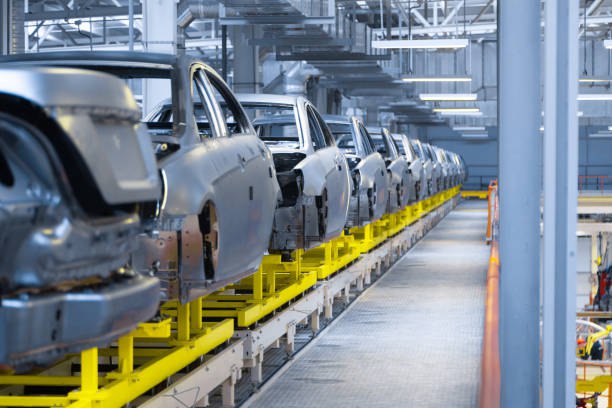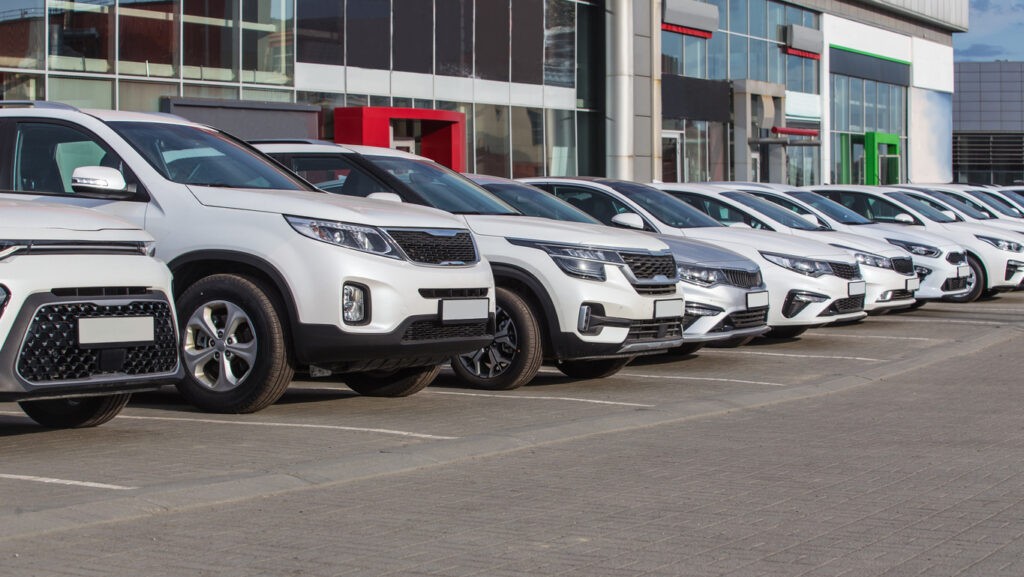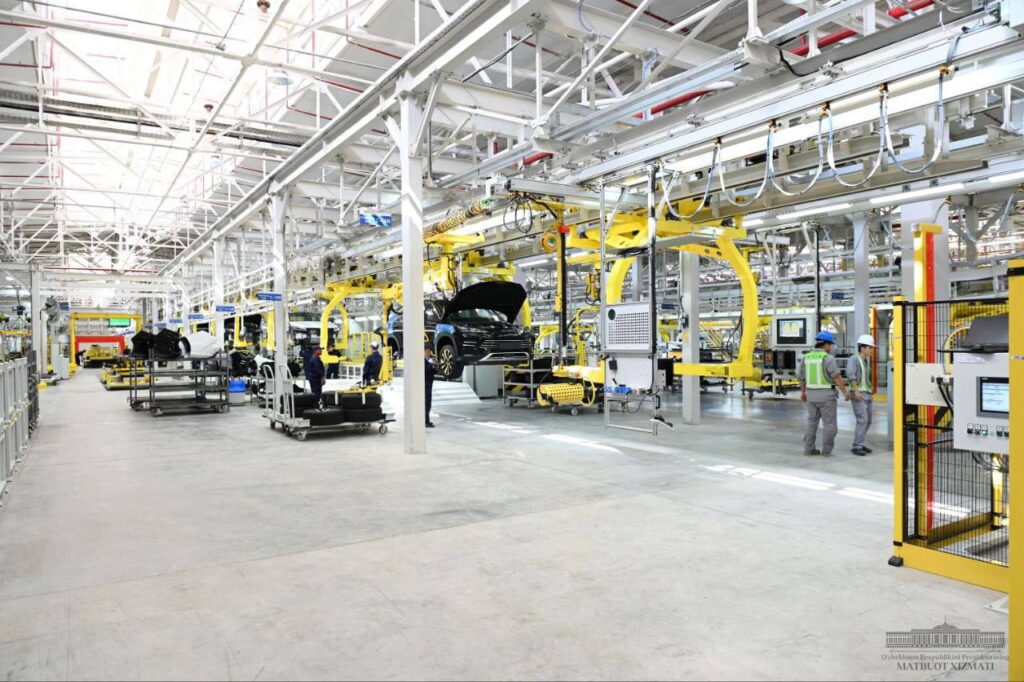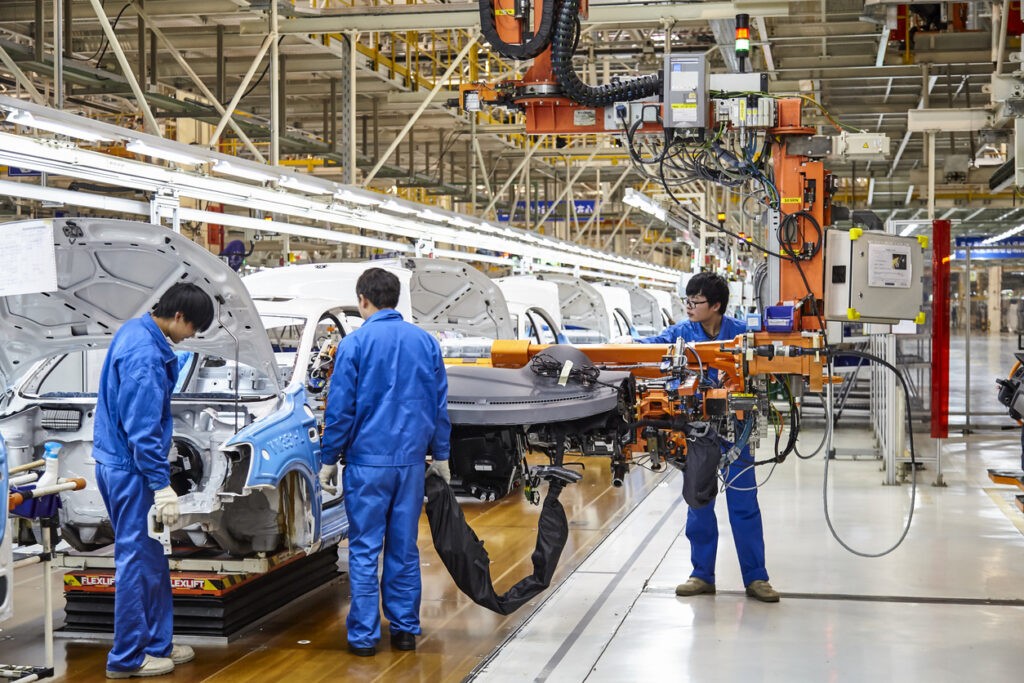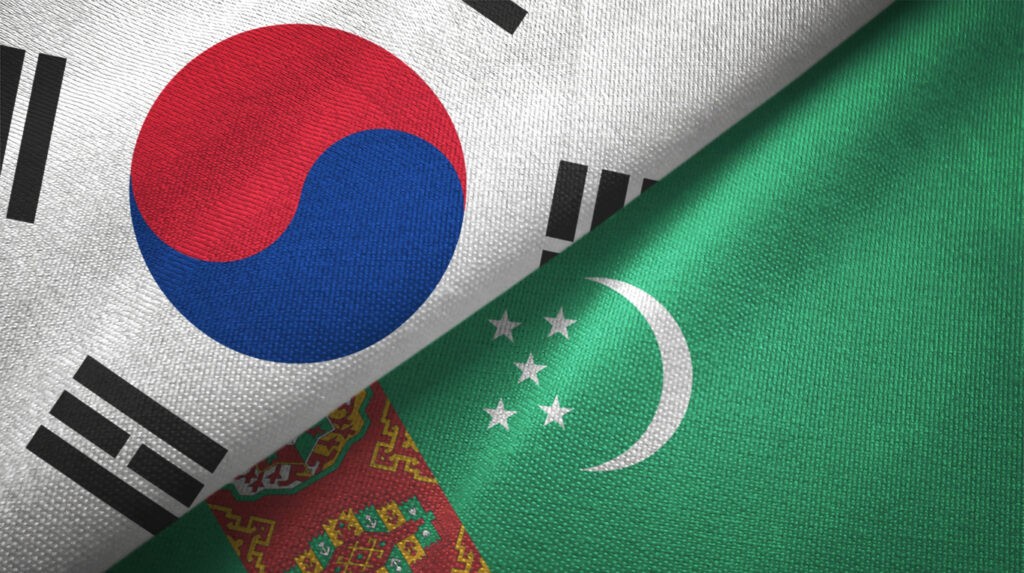Kazakhstan Sets New Record for New Car Sales in 2024
Kazakhstan set a new record for new car sales in 2024, with over 205,000 units sold, which is nearly 7,000 more than the previous year. This milestone was achieved despite a slowdown in buying activity during the middle of the year, followed by a sharp rebound in the final months. According to the Kazakhstan Automobile Union (KAO), official dealers sold 205,100 new cars in 2024. This figure represents a 3.2 percent increase from 2023 when 198,600 were sold, which was a record at the time. At the beginning of 2024, many experts believed matching the previous year’s results would be difficult due to market saturation. These doubts were reinforced when sales volumes declined during the spring and summer compared to the same months in 2023. However, starting in October, monthly sales consistently exceeded 20,000 units, and December closed the year with a record-setting 25,500 cars sold. “The whole of last year, despite some slowdown in the market at the beginning, passed under the sign of intensified competition and a lot of favorable offers from manufacturers and dealers. Unprecedented financing terms, including no down payment and no installments, were the result of coordinated work by the government, the Financial Market Regulatory and Development Agency, second-tier banks, and microfinance institutions. Excellent conditions for buyers have been developed, and the results have not been long in coming: the country's automobile market has set sales records for the second year in a row,” said KAO President Anar Makasheva. Kazakhstan’s top ten car brands saw significant changes in 2024. Hyundai maintained its leading position with 44,200 cars sold, although this represents a 5.4 percent decrease from the previous year. The brand, which manufactures vehicles locally in Almaty, retained a market share of over 21 percent. Chevrolet, which is also assembled domestically in Kostanai, ranked second with approximately 31,000 units sold. This figure marks a significant 32.5 percent decline from 2023. Kia placed third with 23,000 units sold, which is a 9.6 percent year-on-year decrease. In contrast, Chinese brands experienced notable growth. Chery secured fourth place with 14,800 cars sold, representing a 21.7 percent increase over the previous year. Jac — assembled in Kostanai — ranked fifth with 11,700 units sold, achieving an impressive 56.7 percent growth. Toyota, an imported brand, secured sixth place with 11,000 cars sold, reflecting a modest 2.7 percent increase compared to 2023. Haval, another Chinese brand, ranked seventh with approximately 11,000 units sold, representing a 45.3 percent increase. The top ten were rounded out by Jetour with 9,500 units sold, an increase of 141.9 percent; Changan with 8,500 units sold, an increase of 39.8 percent; and Geely with 8,300 units sold, an increase of 126.5 percent. Chinese brands now account for 39 percent of Kazakhstan’s automotive market. This is a significant increase from previous years and aligns with a global trend. In the electric vehicle segment, the Chinese brand Zeekr led the market, with official dealers selling 809 electric cars in 2024. However, cars with internal combustion engines remain the top...
